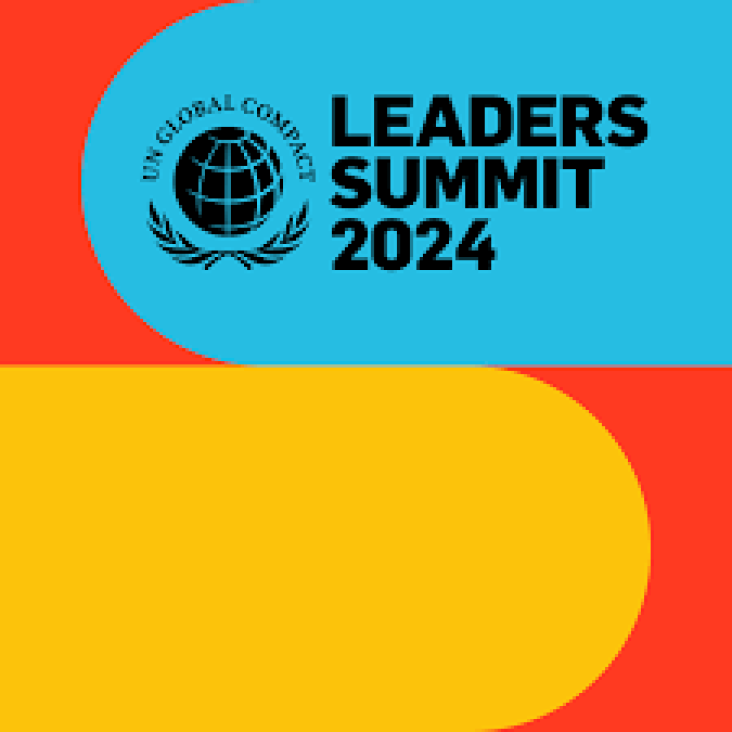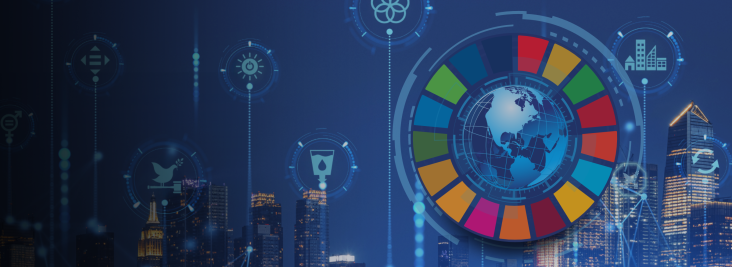
The Leaders Summit is the UN Global Compact’s dynamic day-long conference dedicated to providing the tools, network, knowledge, and inspiration needed to scale the impact of private sector contribu

More than 1100 people came together virtually on 18 June 2024 for the tenth edition of the RELX SDG Inspiration Day: "In the Age of AI: Information to Advance the UN Sustainable Development Goals (SDGs)." The annual online event brings together thought leaders, corporate representatives, students, investors, governments, and NGOs to explore pressing issues, gain practical insight, and inspire action on the United Nations Sustainable Development Goals (SDGs).

Recognising our customers' exceptional work to achieve the UN Sustainable Development Goals.
Antibiofouling Membranes for Water and Wastewater Treatment: Principles and Applications, 2024, Pages 247-311
This chapter aligns with UN SDG Goals 6, 9 and 12 by focusing on the advancement and practical application of antibiofouling membrane technologies in water and wastewater treatment, which is essential for improving water quality and ensuring sustainable water management practices.
